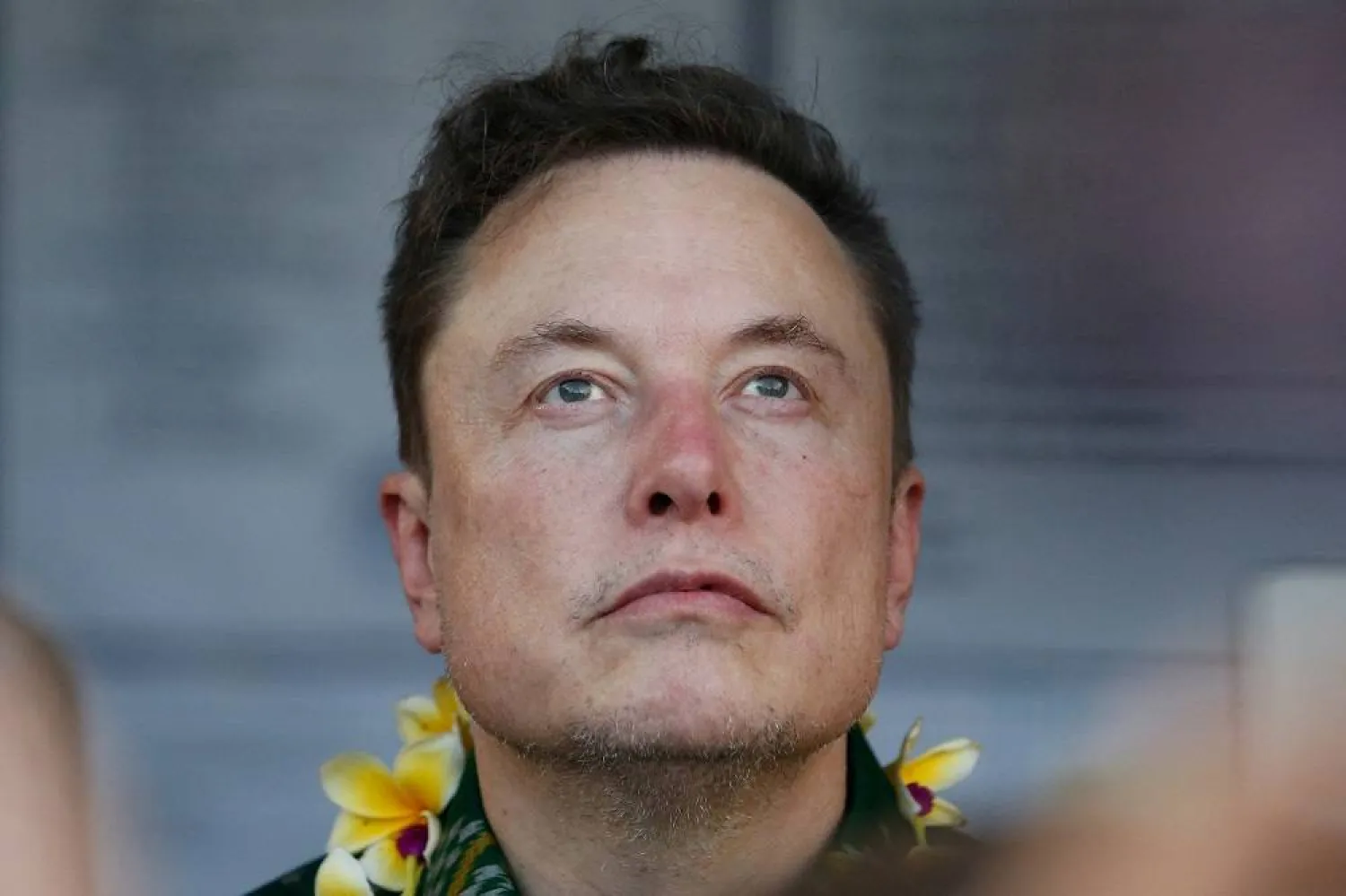Elon Musk, owner of social media platform X, on Friday called Australia's center-left government "fascists" over proposed legislation to slap fines on social media firms for failing to prevent the spread of misinformation online.
Australia's Labor government on Thursday unveiled legislation which could fine internet platforms up to 5% of their global revenue for enabling misinformation, joining a worldwide push to rein in borderless tech giants.
The proposed law would require tech platforms to set codes of conduct to stop dangerous falsehoods spreading and be approved by a regulator. The regulator would set its own standard if a platform failed to do so and fine firms for non-compliance.
Musk, who views himself as a champion of free speech, responded to a post by an X user linking the Reuters story about the misinformation law with one word: "Fascists".
A spokesperson for Communications Minister Michelle Rowland said by email that companies operating in Australia must comply with Australian laws.
"This bill improves the transparency and accountability of platforms for users and the Australian people," Rowland said.
Musk's comment on the push against misinformation drew criticism and ridicule from other government lawmakers.
"When it's in its commercial interests, he is the champion of free speech and when he doesn't like it ... he's going to shut it all down," Government Services Minister Bill Shorten told Channel Nine's breakfast show.
Social media platforms should not publish scam content, deepfake materials and livestream violence in the name of free speech, Assistant Treasurer Stephen Jones told ABC television.
In a previous clash with the Australian government, X in April went to court to challenge a cyber regulator's order for the removal of some posts about the stabbing of a bishop in Sydney, prompting Prime Minister Anthony Albanese to call Musk an "arrogant billionaire".
The regulator later dropped its challenge against X after a setback in the federal court.
X had blocked Australian users from viewing the posts about the stabbing but refused to remove them globally on the grounds that one country's rules should not control the internet.









